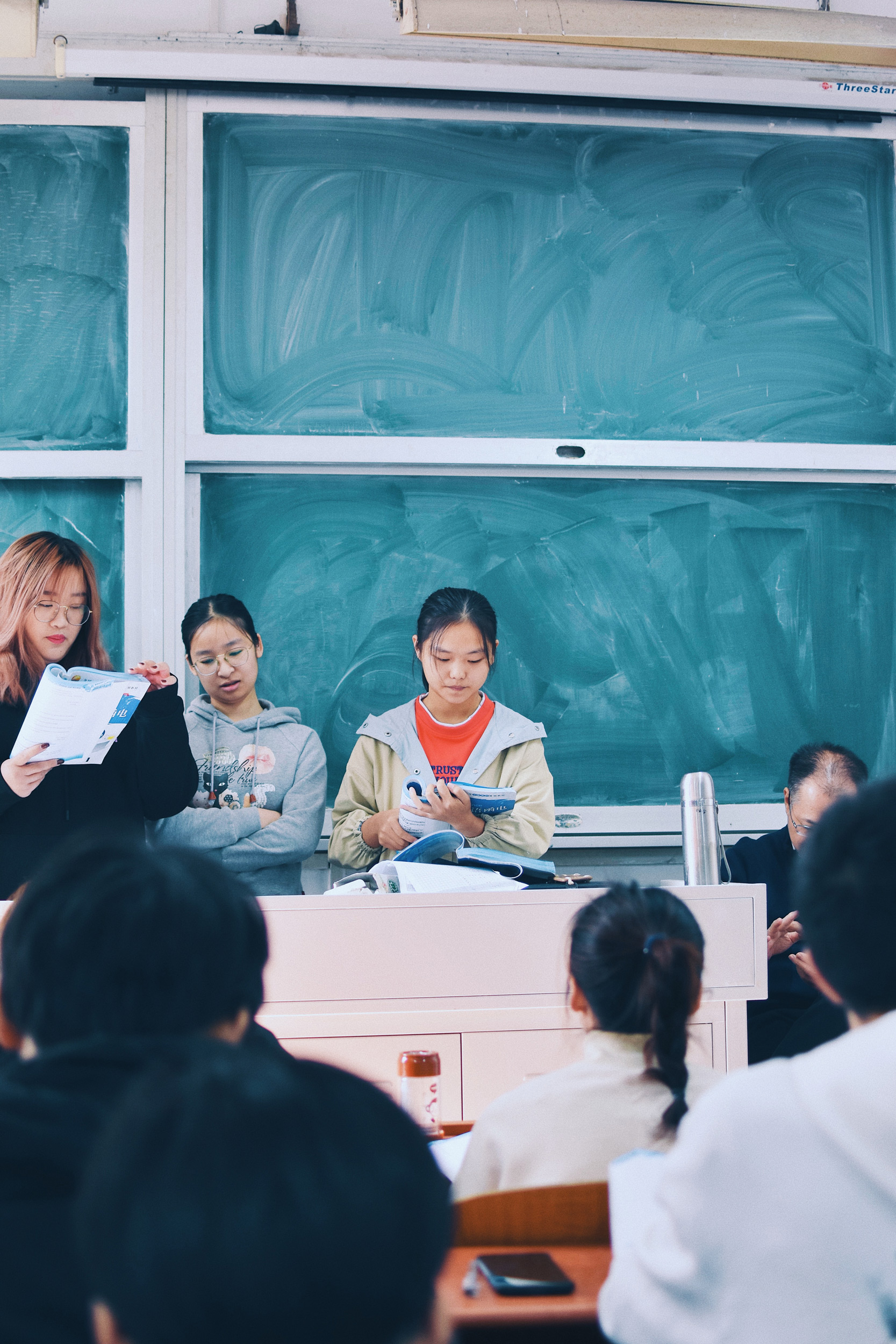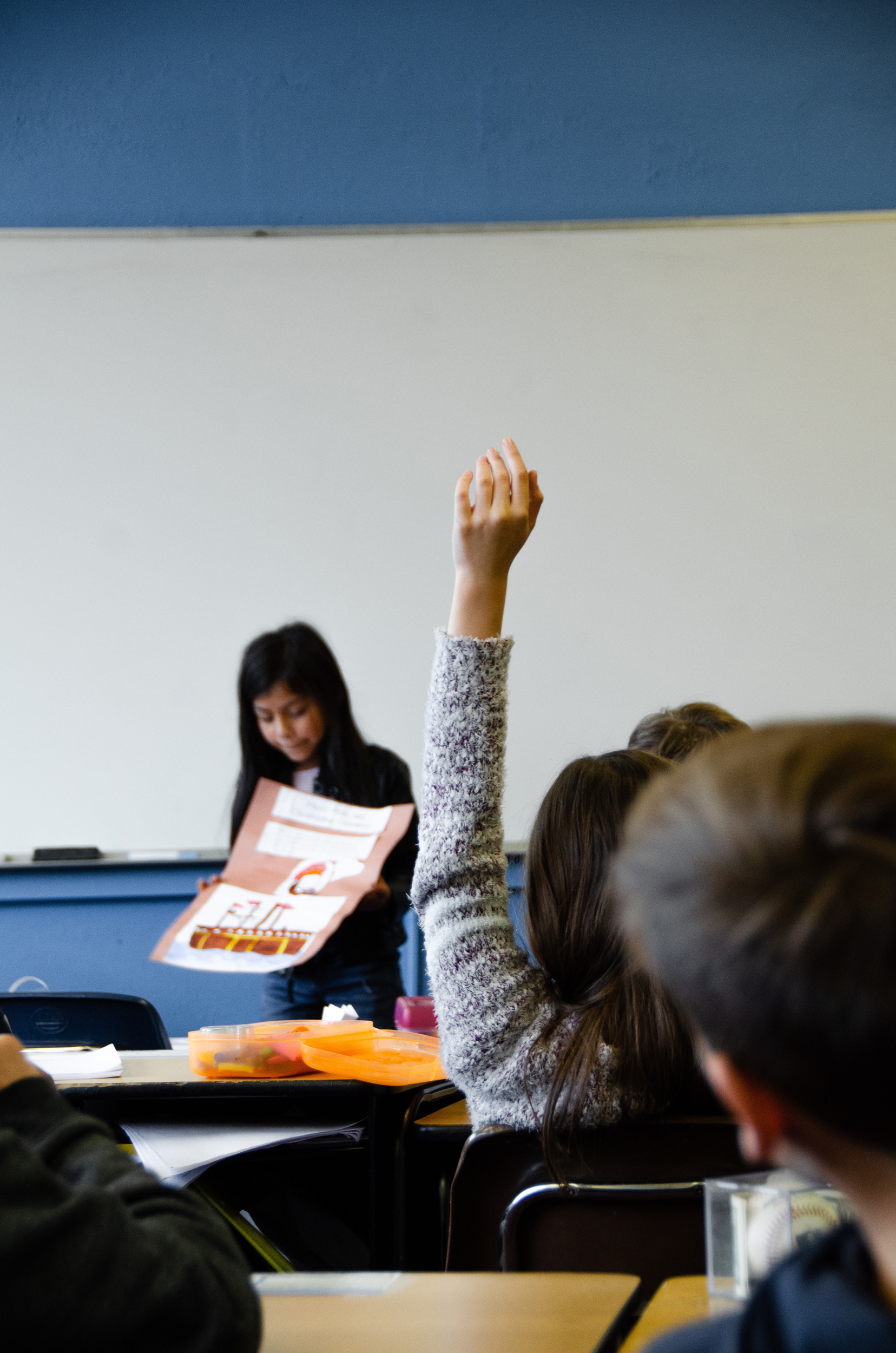Joseph Nhan-O’Reilly – January 21, 2021

In 2018 the United Nations General Assembly proclaimed 24 January as International Day of Education.
The closure of schools, universities and other educational institutions, as well as the interruption of many literacy and lifelong learning programmes, has affected the lives of 1.6 billion students in over 190 countries.
The pandemic has amplified social, economic and digital inequalities, putting a generation at risk of a learning catastrophe. But it has also reminded us of the centrality of education for every society, as a common good and the bedrock of social cohesion, well-being and opportunity.
Sadly, the COVID-19 crisis and the disruption it creates for education systems is far from over. Many countries are entering new waves of the pandemic which once again are closing schools.
An opportunity to shine a light on education during the crisis
The International Day of Education which will be marked this year on Monday January 25 provides the world with an opportunity to highlight the importance of education in the light of COVID-19.
The triple shock to education funding
Given the very different situations each country faces in respect of the pandemic and its impact on education, UNESCO is encouraging partners to focus on the crucial and universally important issue of financing.
The disruption to already over stretched education systems combined with economic shocks and increased pressure on public finances creates a potentially fatal cocktail for education funding.
Education budgets risk being squeezed by falling government expenditure, shrinking aid budgets and the reallocation of spending outside of education.
Protecting education funding
Although the situation looks dire, with political commitment and international cooperation education funding can be protected.
At last year’s Extraordinary Global Education Meeting convened by UNESCO, member states agreed to strengthen domestic revenue mobilization and increase the share of national expenditure for education; and to protect and increase official development assistance (ODA) for education.
UK leadership
Increasing education opportunity around the world, especially for girls is one of the UK’s top foreign policy priorities.
Last year the Prime Minister joined Kenyan President Uhuru Kenyatta to announce that the UK and Kenya will jointly host the Global Partnership for Education’s (GPE) replenishment summit this year.
GPE’s fourth financing campaign aims to raise $5 billion USD and support of the education of 1 billion children in 90 low-income countries.
Since its establishment the UK has been one of GPE’s biggest supporters. The UK regards education in general and GPE and Education Cannot Wait: the global fund for education in emergencies – which the UK helped to establish- as important contributors to transforming the life chances of millions of children and their families through education.
The Prime Minister and Foreign Secretary are also committed to putting education, firmly on the agenda of the G7, of which the UK is the President in 2021.
These events provide important opportunities for the world’s largest economies via the G7 and for the wider family of donor governments via their support for the Global Partnership for Education and Education Cannot Wait to help protect and grow aid to education.
Building political commitment for global education
Education Day is another moment which we hope will contribute to growing understanding of and increasing commitment to the importance of education.
The International Parliamentary Network for Education is encouraging parliamentarians around the world to mark the day by raising education via questions, debates or motions in their parliaments.
I’m delighted that a debate to mark Education Day will be held in the UK Parliament next week. This will provide MPs at Westminster with the opportunity to share their concerns regarding the state of education globally and encourage the Government to do everything it can to lead the world in protecting education financing and in turn give more girls and boys the opportunity to go to school.
As Prime Minister Boris Johnson said last year when he announced that the UK will host the Global Partnership’s replenishment summit, “none of this is new or controversial”. It is common sense and the best investment a government can make.
Joseph Nhan-O’Reilly is a Non-Executive Director of the UK National Commission for UNESCO where he has responsibility for education and the Executive Director of the International Parliamentary Network for Eductaion.
Share this via…







